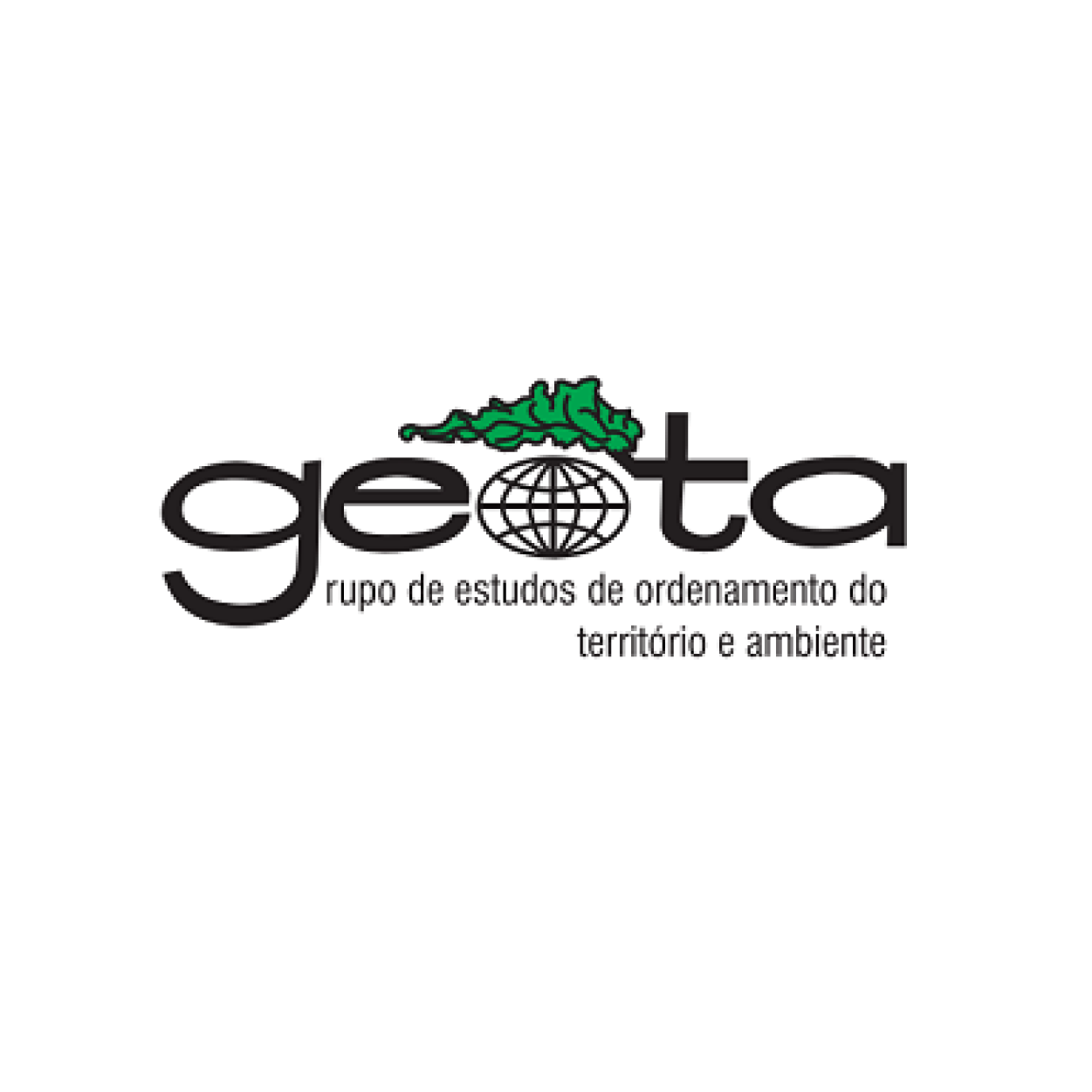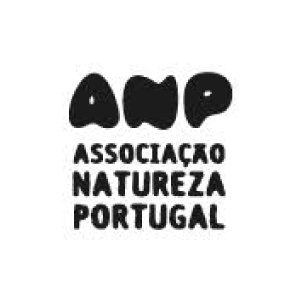
Associação Natureza Portugal – ANP|WWF’s mission is the conservation of national biodiversity and forest ecosystems, the protection of marine biodiversity and the promotion of fisheries sustainability, the conservation of freshwater ecosystems and their water resources. The ANP|WWF also intervenes on the subject of climate change and in the promotion of sustainable consumption.
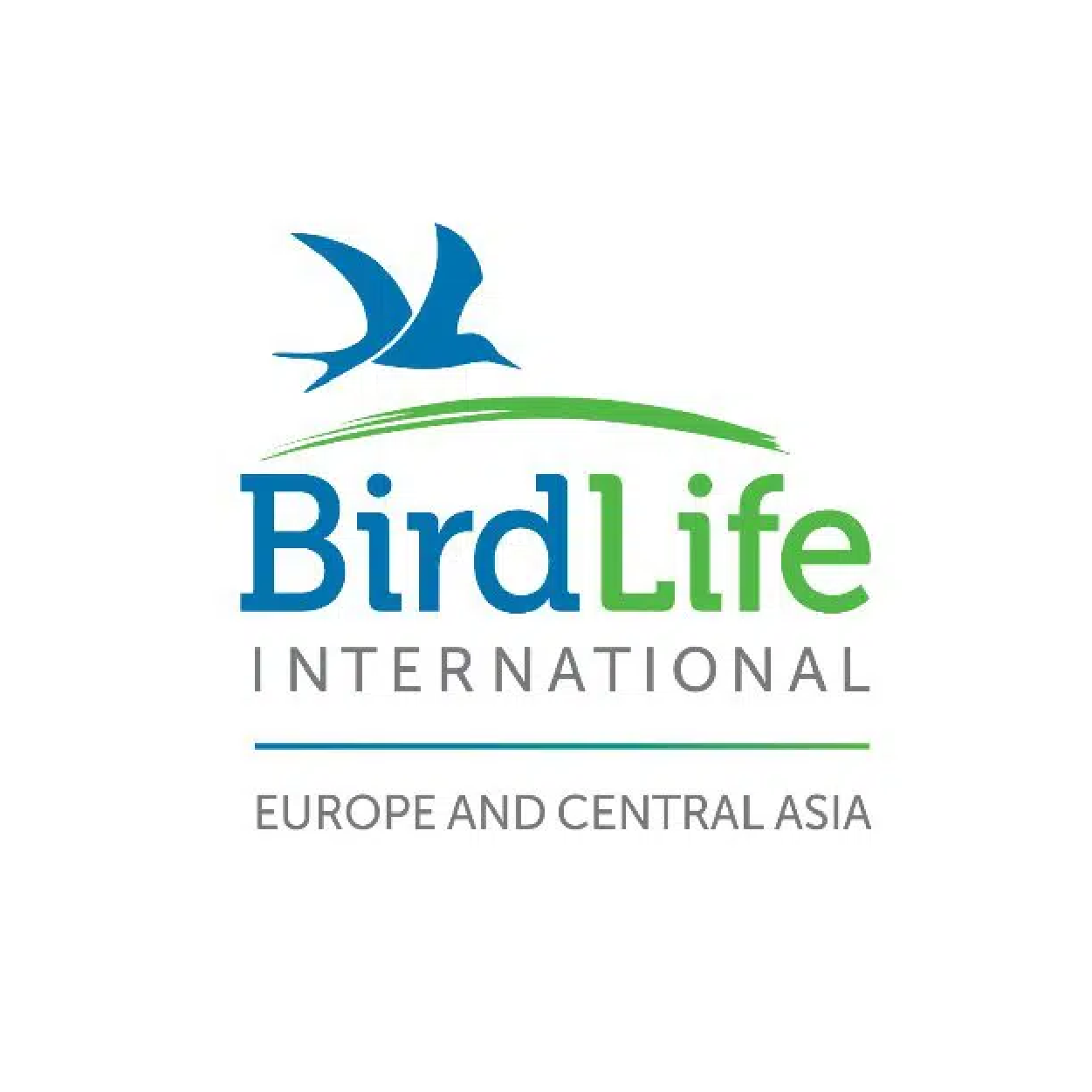
BirdLife Europe & Central Asia works to conserve birds and biodiversity by focusing on species, sites and habitats, ecological sustainability and engagement of people. Based in Brussels, we are supported by 45 Partners from 44 countries, including in all EU Member states.
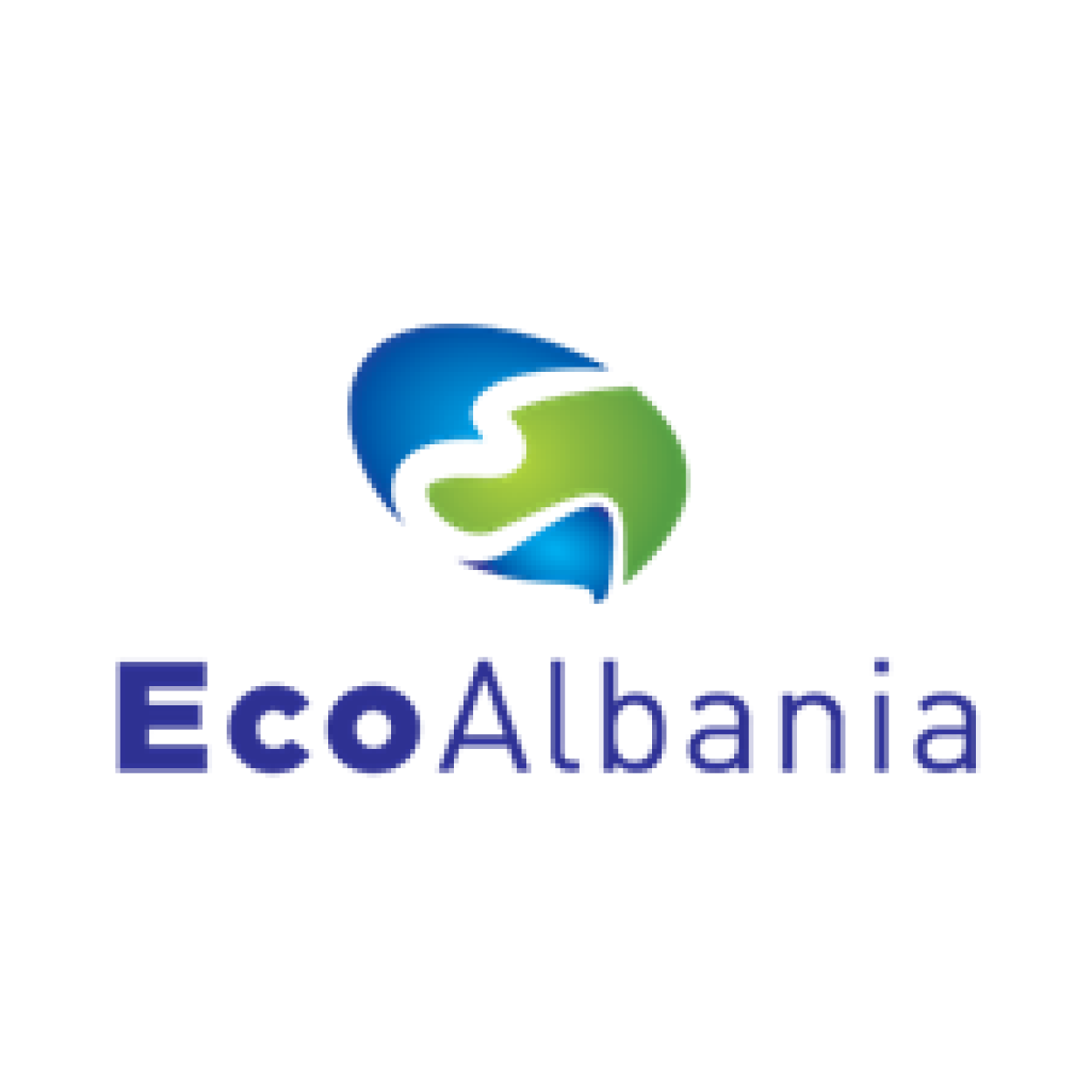
The center for Protection of the Natural Ecosystems in Albania (EcoAlbania) is a non-governmental environmental organization. It was created on 15th of December 2014 as a joint initiative of professors of the Department of Biology of the Tirana University and the “Save the Blue Heart of Europe” team in Albania. EcoAlbania works to strengthen the friendly coexistence of man and nature in Albania.
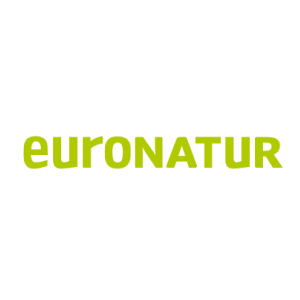
EuroNatur – Stiftung Europäisches Naturerbe” (European Nature Heritage Fund) is committed to connecting nature and people in a peaceful Europe – beyond national borders. The growth-oriented way we lead our lives and run our economies at this point in history is characterized by ruthless exploitation of natural resources and has resulted in the pervasive destruction of nature as well as in drastic climate change. People all around the world are feeling the resultant adverse effects.
Nature is the natural resource base on which all humans depend. Species and habitat diversity are prerequisites of a quality environment. Our aim is a Europe that hosts free-flowing rivers, pristine forests and diverse cultural landscapes and that offers sufficient space for wild animals and migrating birds within these and other ecosystems.
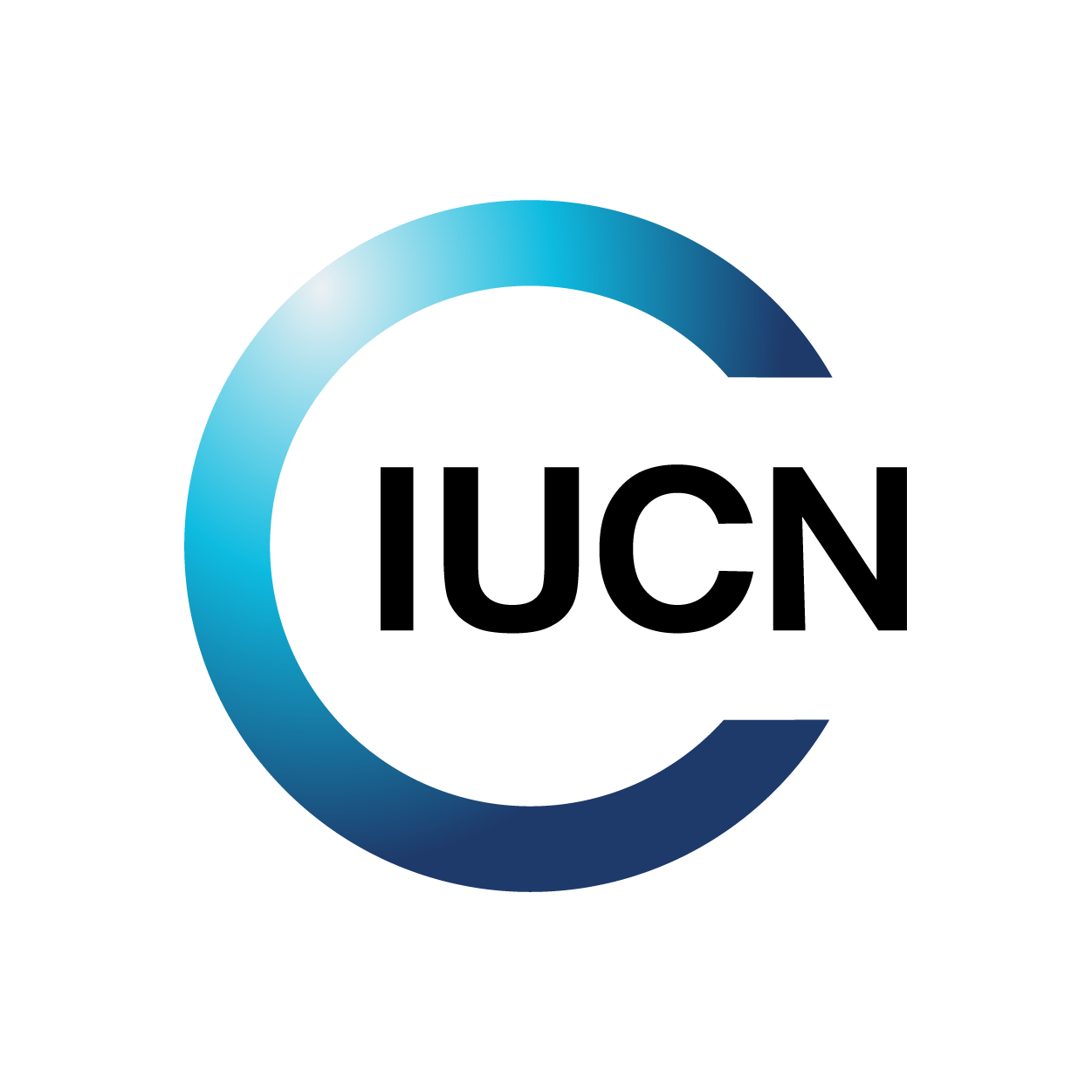
The IUCN Regional Office for Eastern Europe and Central Asia (IUCN ECARO) was established in 2015 in Belgrade with a view to supporting the IUCN constituency and implementing IUCN Programme in the IUCN Statutory Region East Europe, North and Central Asia. It includes all countries in South-Eastern Europe, Eastern Europe, the Southern Caucasus, the Russian Federation, and Central Asia, except for the EU Member States. In the EU countries of South-Eastern Europe where IUCN ECARO has a long-established presence, it continues with project activities and constituency engagement. Close collaboration with the IUCN European Regional Office in Brussels is established for all pan-European matters.

IUCN is a membership Union composed of both government and civil society organisations. It harnesses the experience, resources and reach of its more than 1,400 member organisations and the input of more than 18,000 experts. This diversity and vast expertise make IUCN the global authority on the status of the natural world and the measures needed to safeguard it.
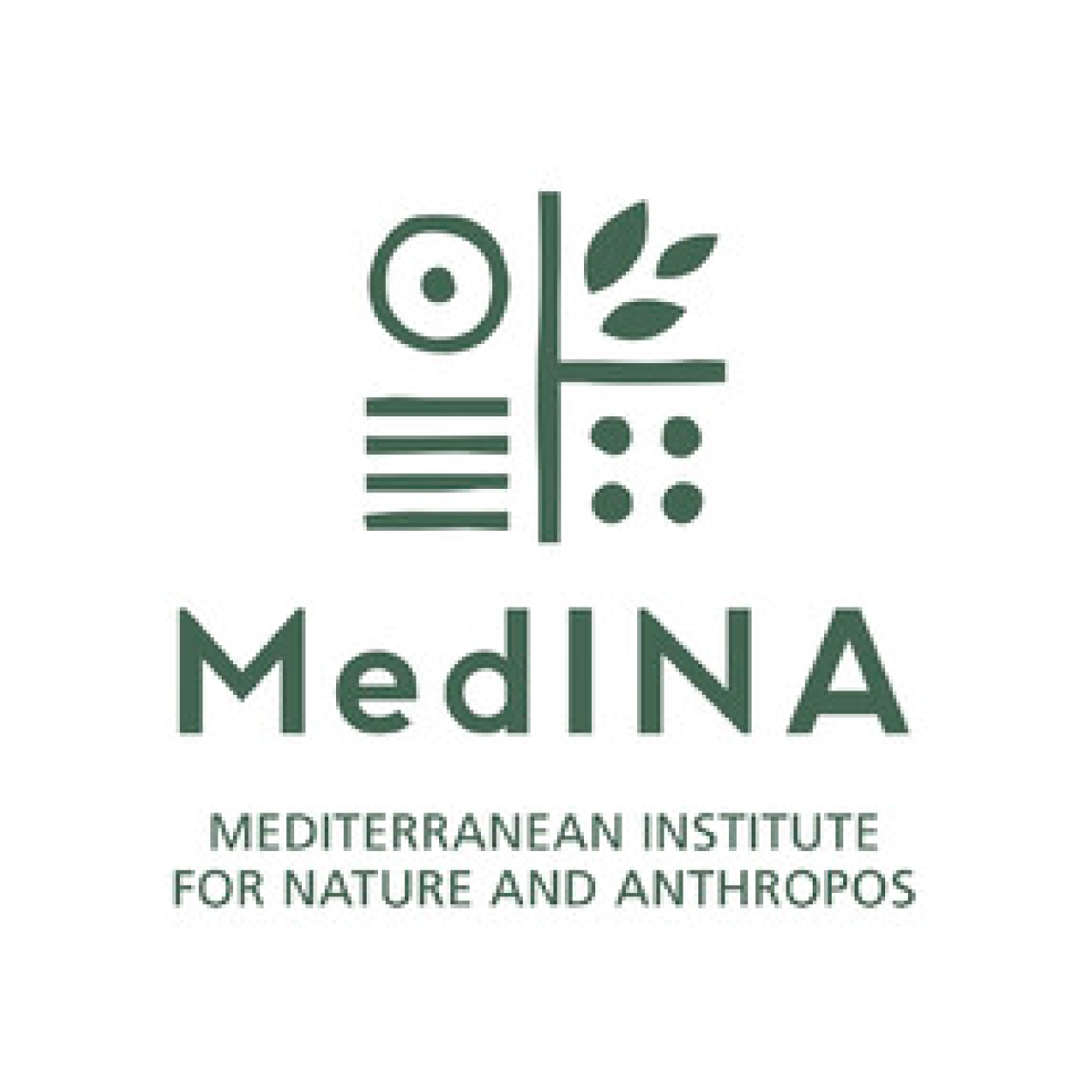
The Mediterranean Institute for Nature and Anthropos (MedINA) was established in 2003 as a non-profit organisation based in Athens, Greece with a focus on the Mediterranean region and beyond. Its vision is a world where societies prosper in harmony with nature. Our mission is to improve the well being of local communities by conserving and protecting their natural resources and promoting their cultural heritage.

The MEDSEA Foundation is a no profit organization created with the aim to promote actions and projects aimed at reducing the impacts that cause the loss of natural and cultural heritage, through the principles of the Ecosystem Based Approach and Integrated Coastal Zone Management of the Barcelona Convention and, at the same time, to passionately disseminate knowledge of this heritage.
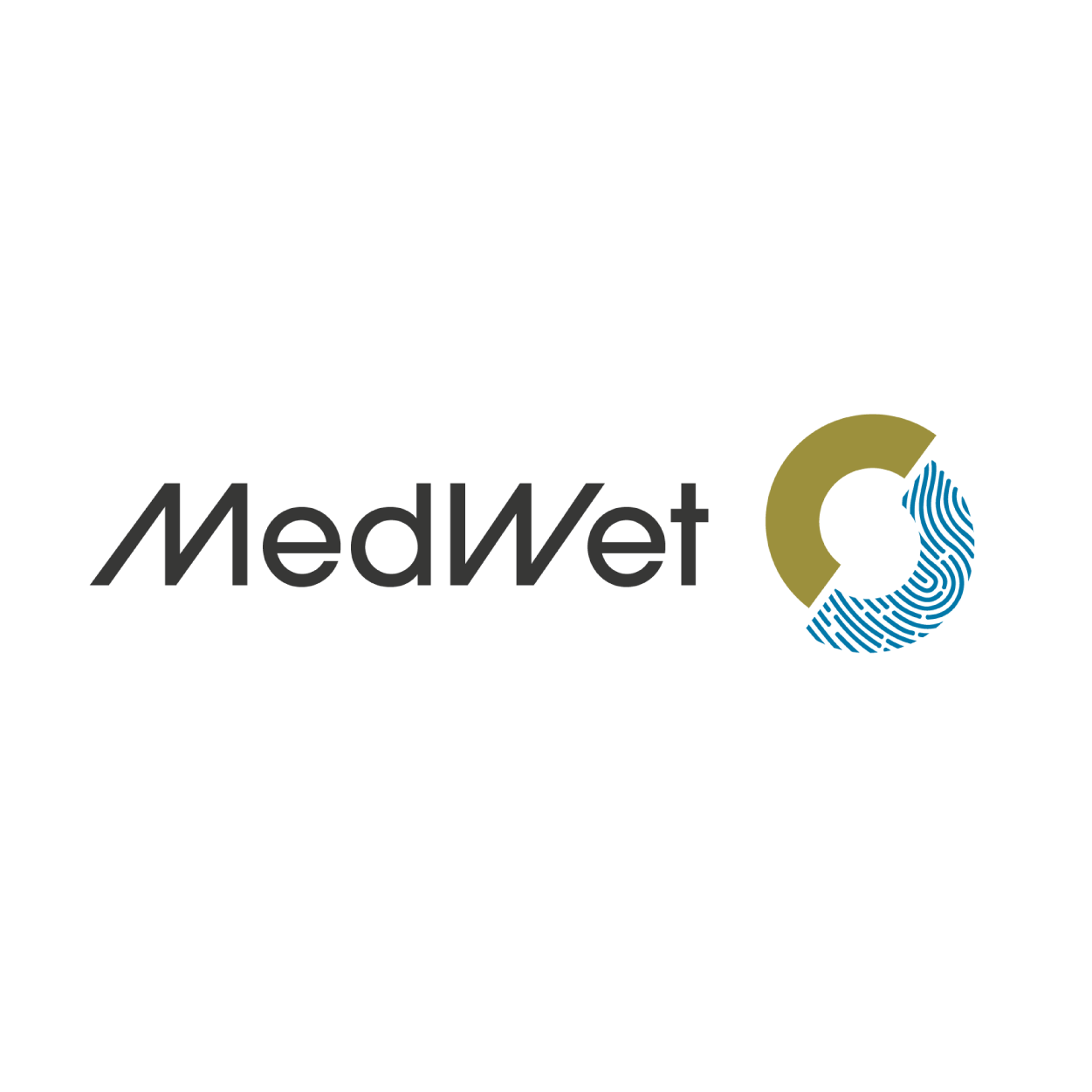
Established in 1991, the Mediterranean Wetlands Initiative brings together 27 Mediterranean and peri-Mediterranean countries that are Parties to the Convention on Wetlands (Ramsar, Iran, 1971). Palestine and a number of organizations and wetland centres are also part of the MedWet Initiative. The MedWet mission is to ensure and support the effective conservation of the functions and values of Mediterranean wetlands and the sustainable use of their resources and services.
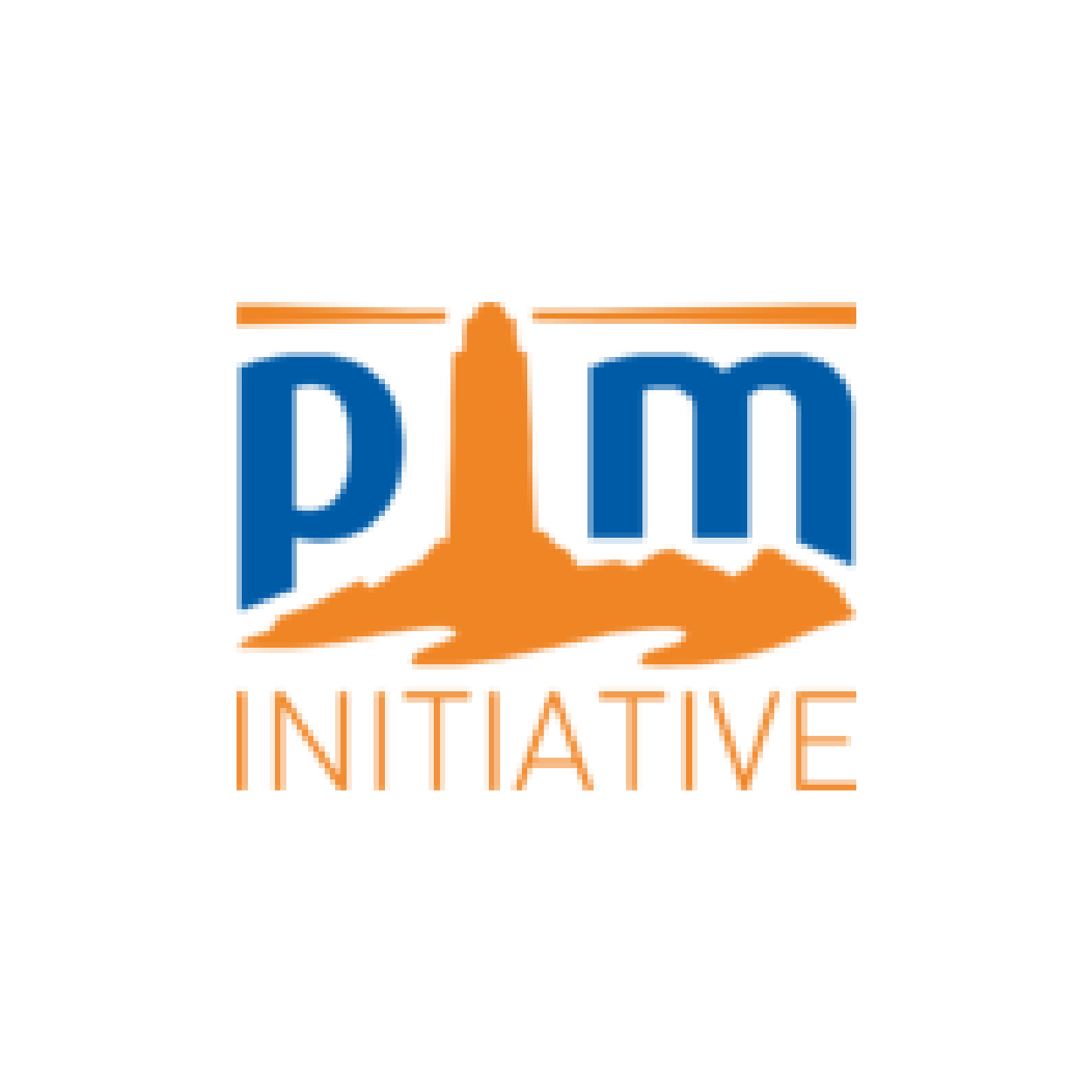
PIM Initiative is an international NGO for the promotion and assistance in the management of small mediterranean insular areas. Its objective is the preservation of these micro-areas through the implementation of concrete actions in the field, by promoting the exchange of know-how and knowledge between conservationists and specialists in the Mediterranean basin. Its approach gives priority to simple and pragmatic solutions. Organising meetings and promoting exchanges between nature conservation stakeholders, capitalising on and disseminating knowledge and know-how are the main lines structuring its action.
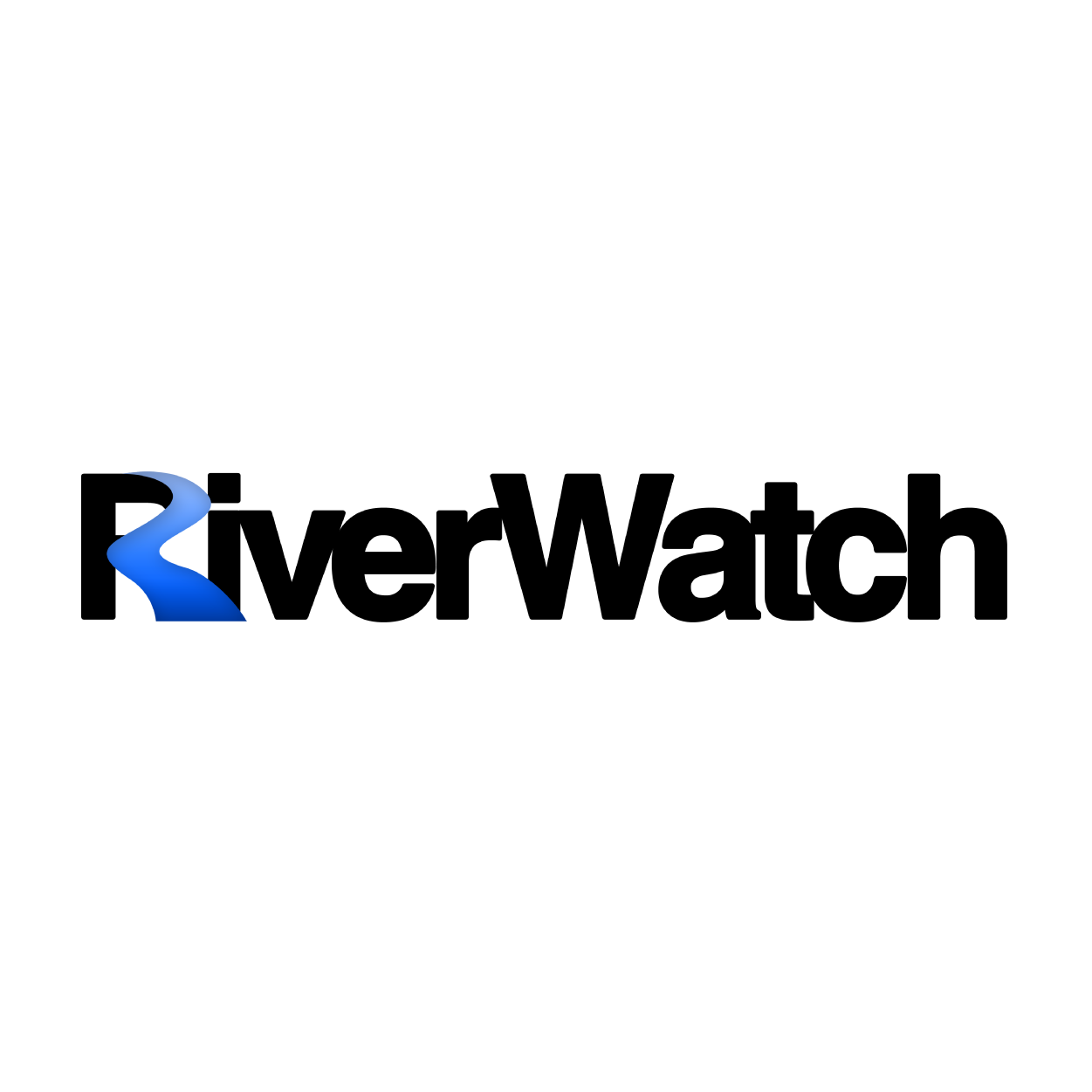
RiverWatch is a society for the protection of rivers. Our ambition is to preserve the last unimpaired rivers as well as restoring those already canalized or dammed. RiverWatch engages globally against projects. RiverWatch is a campaigning organisation; that is, we act in opposition to certain projects that destroy rivers, particularly dam projects and promote public awareness. We consider ourselves a platform for all those who care about rivers.
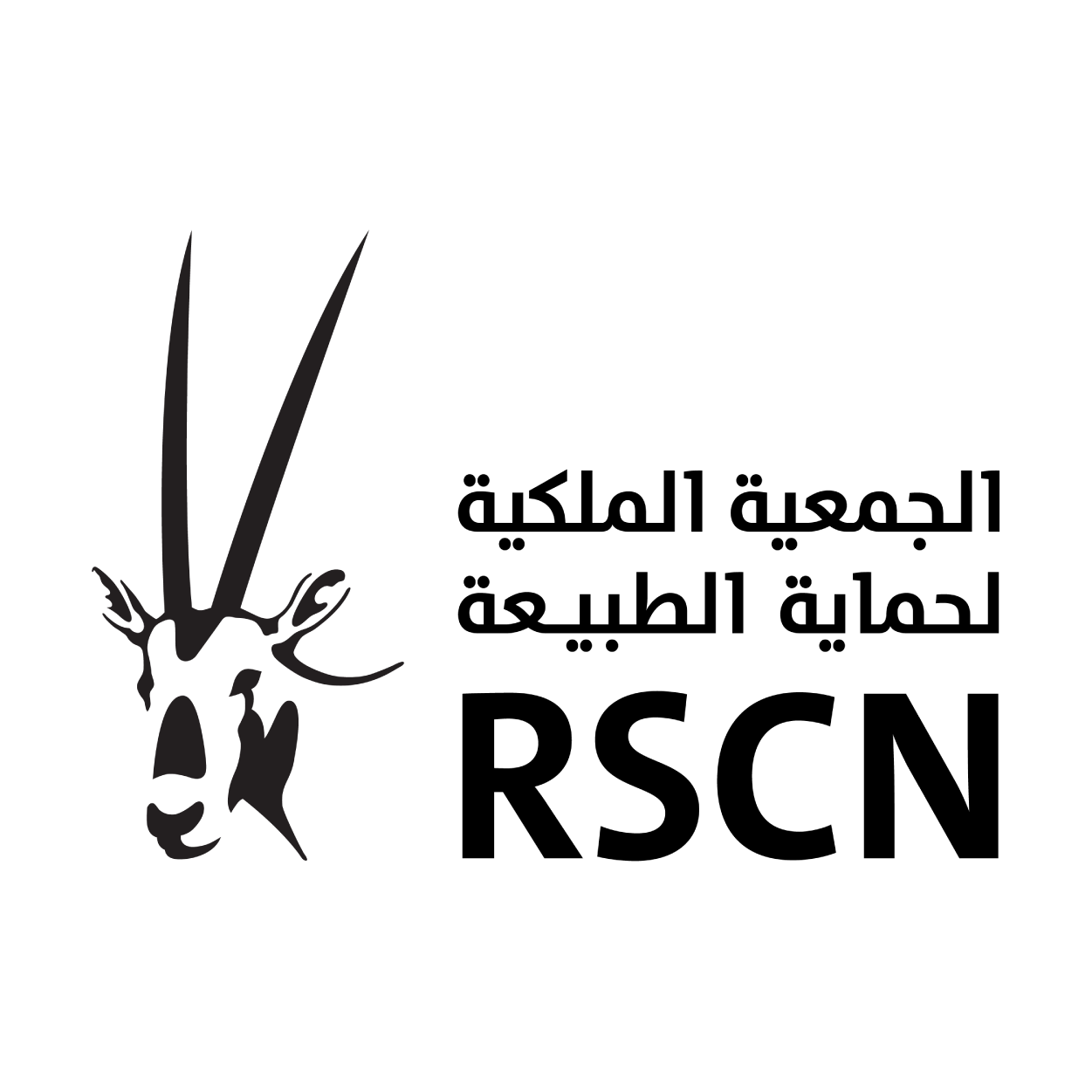
The Royal Society for the Conservation of Nature (RSCN) is an independent national organization devoted to the conservation of Jordan’s natural resources. RSCN was established in 1966 with His Majesty the late King Hussein as the Honorary President. RSCN has been given the responsibility by the government to care for and protect the Kingdom’s biodiversity. As such, it is one of the few national organizations in the Middle East to be granted such a public mandate. RSCN has gained a wide global fame for its pioneering work in integrating nature conservation programmes with socio-economic development.
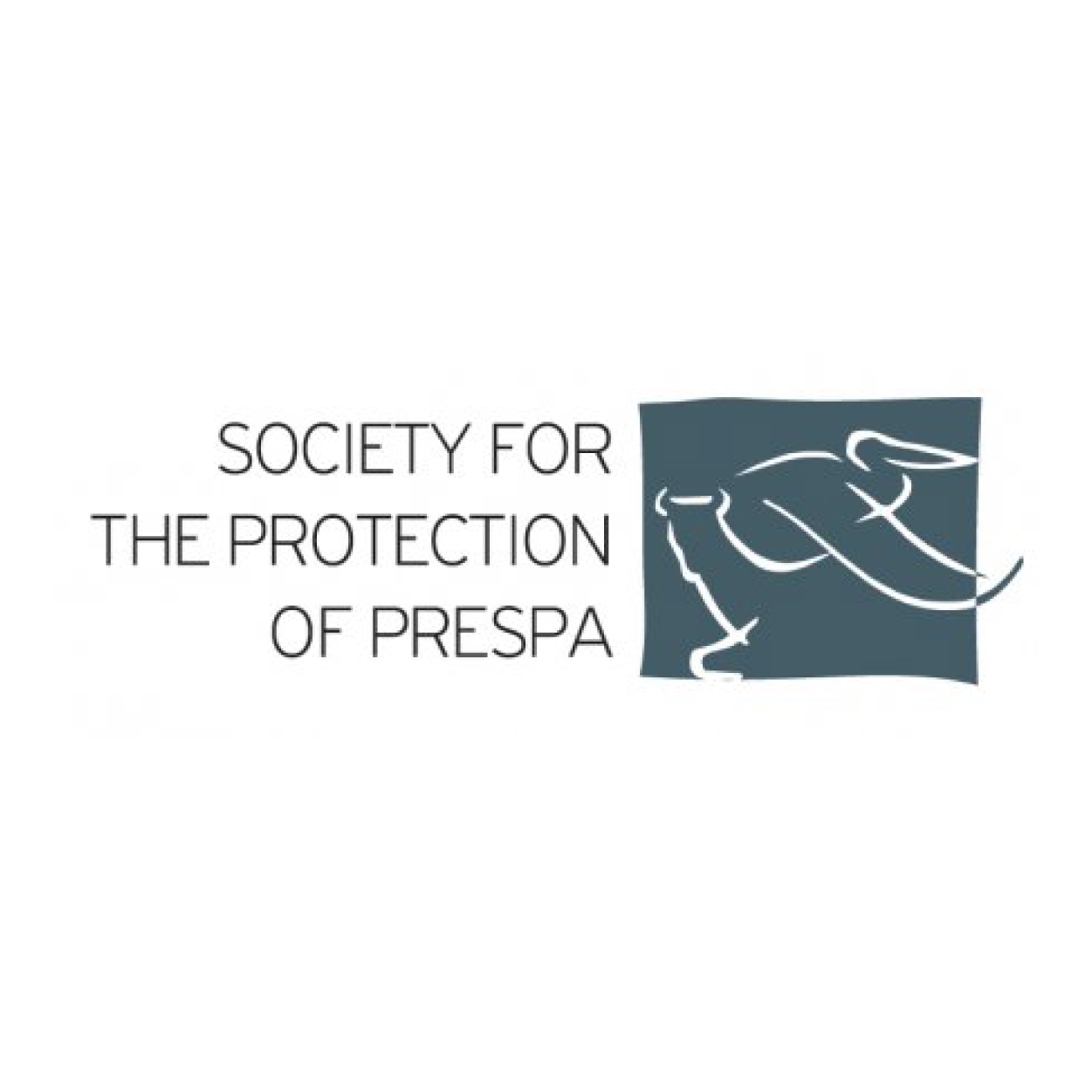
In 1991, The Society for the Protection of Prespa was created with the participation of ten environmental organisations. The SPP’s mission is to safeguard the natural and cultural heritage of the Prespa basin as a whole, for the benefit of all its inhabitants both today and in the future.
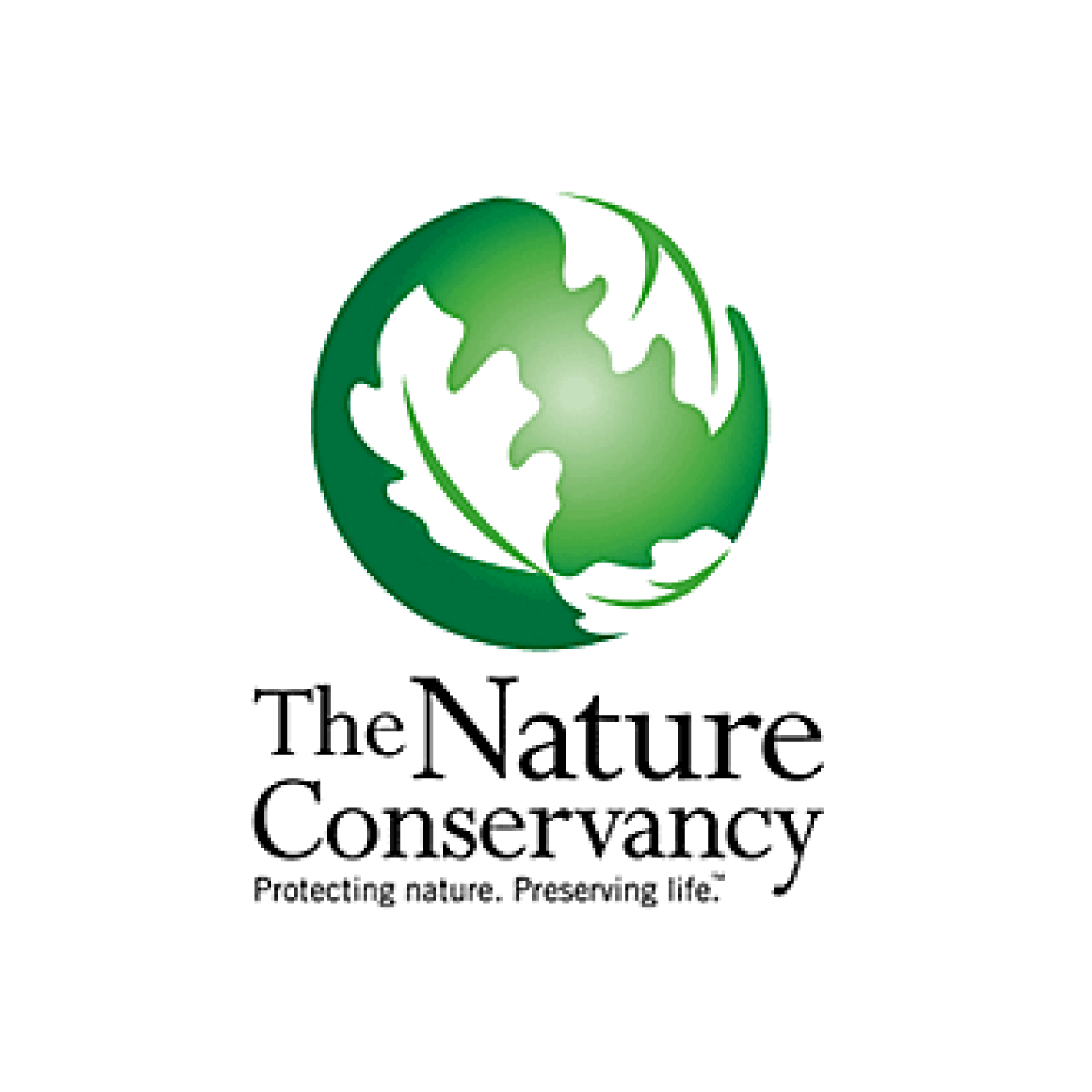
The Nature Conservancy is a global environmental nonprofit working to create a world where people and nature can thrive. Founded in the U.S. through grassroots action in 1951, The Nature Conservancy has grown to become one of the most effective and wide-reaching environmental organizations in the world. Thanks to more than a million members and the dedicated efforts of our diverse staff and over 400 scientists, we impact conservation in 76 countries and territories: 37 by direct conservation impact and 39 through partners. Our mission is to conserve the lands and waters on which all life depends. To achieve this, we must boldly address the biodiversity and climate crisis over the next decade. By maximizing our ability to affect change between now and 2030, we can shape a brighter future for people and our planet.
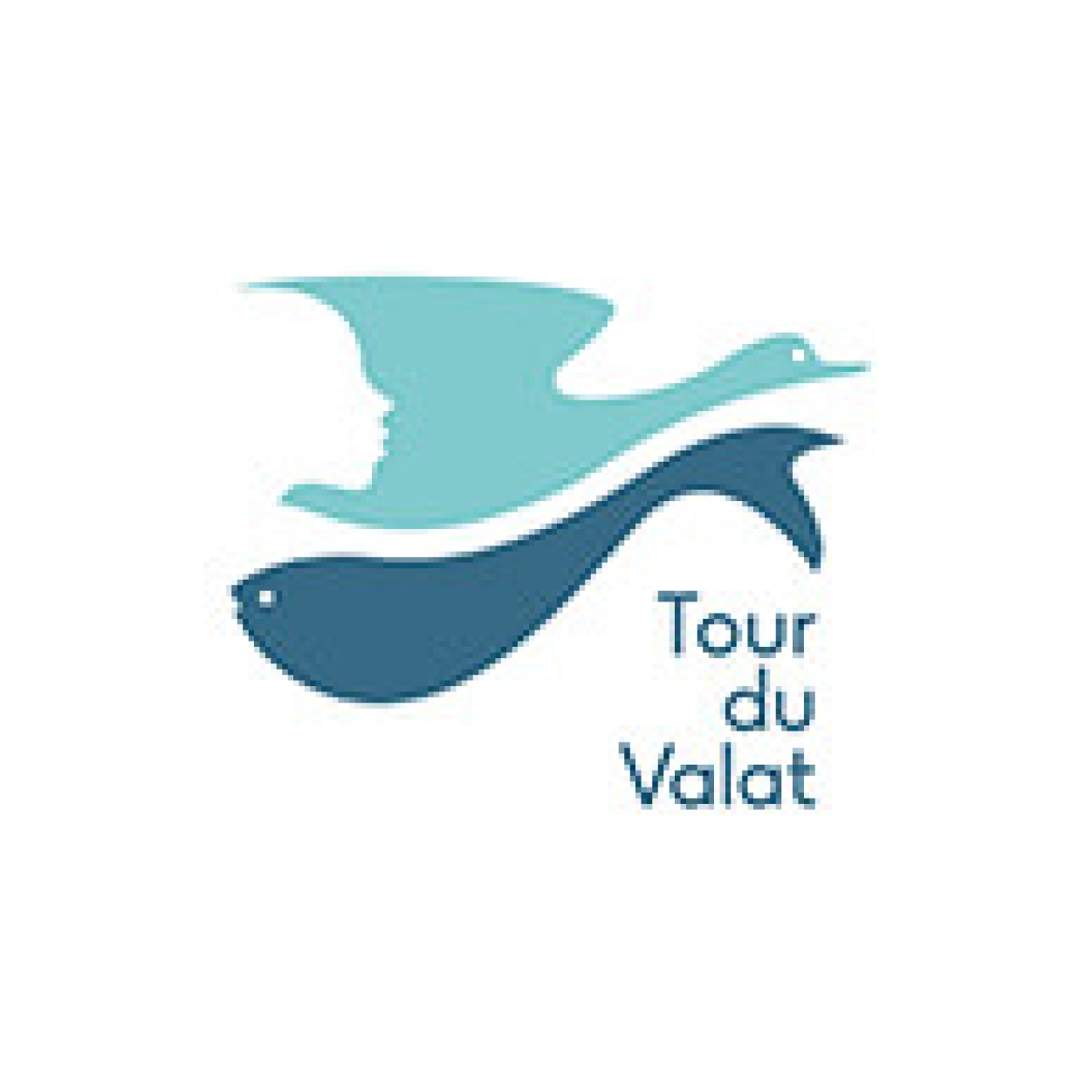
Founded in 1954 by Luc Hoffmann, a visionary naturalist with a passion for ornithology, the Tour du Valat has since developed its research activities for the conservation of Mediterranean wetlands with the constant desire of better understand wetlands to better manage it.
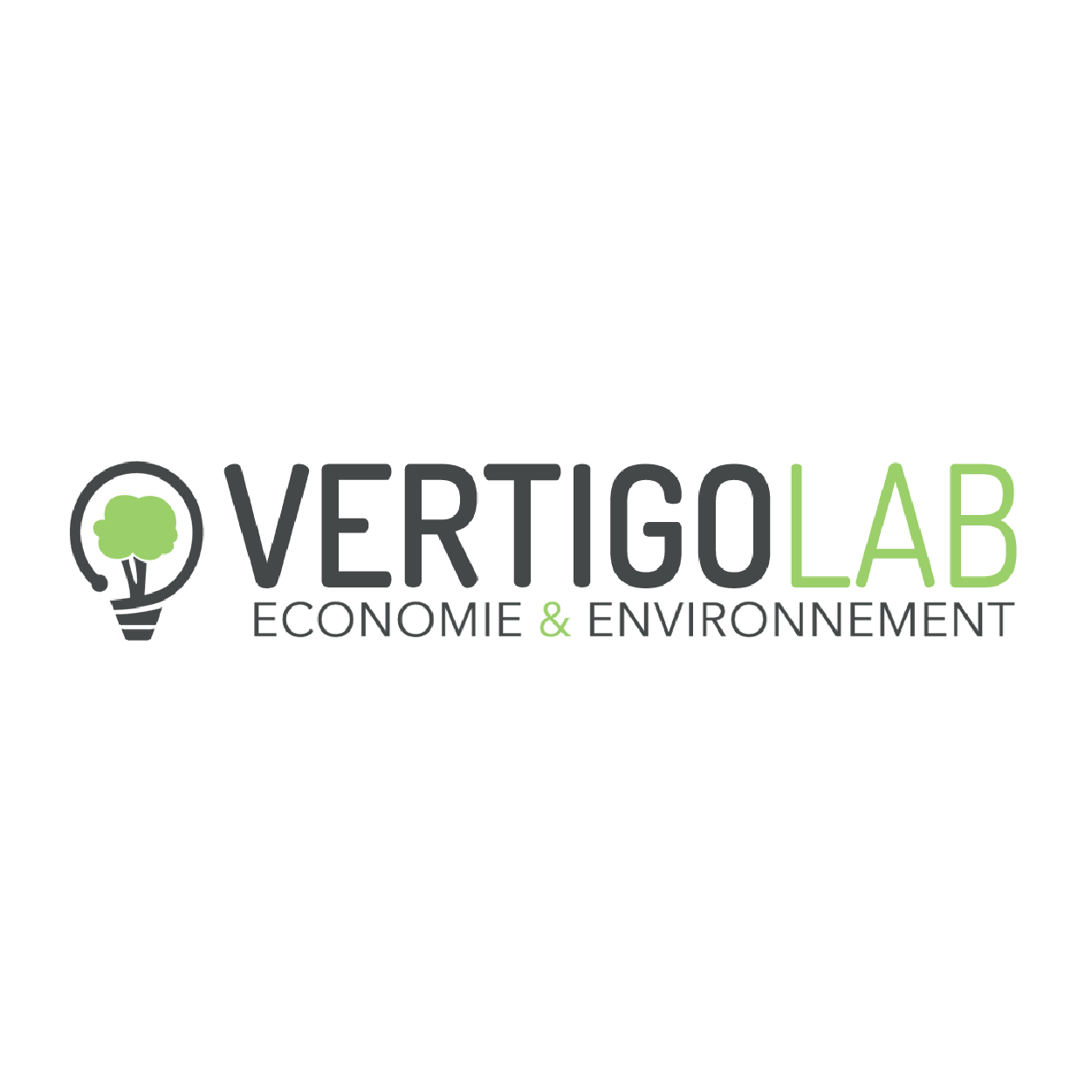
Assessing socio-economic and environmental impacts of your strategy and imagining economic models for the transition.
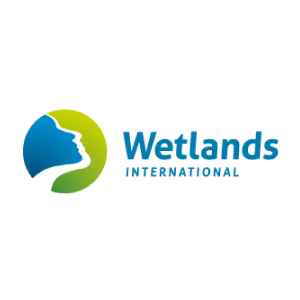
We are an independent, not-for-profit organization with 10 members from 6 European countries. We work to raise awareness about wetland ecosystems and to advocate the sustainable use of wetlands for people and nature, in particular by linking science, policy and practice. Wetlands are the source of water that supports all forms of life. Despite our efforts to promote their importance, loss and damage to wetlands and their biodiversity continues. Our vision is a world where wetlands are treasured and nurtured for their beauty, the life they support and the resources they provide.

We are the global not-for-profit organisation dedicated to the conservation and restoration of wetlands. Our vision is a world where wetlands are treasured and nurtured for their beauty, the life they support and the resources they provide.
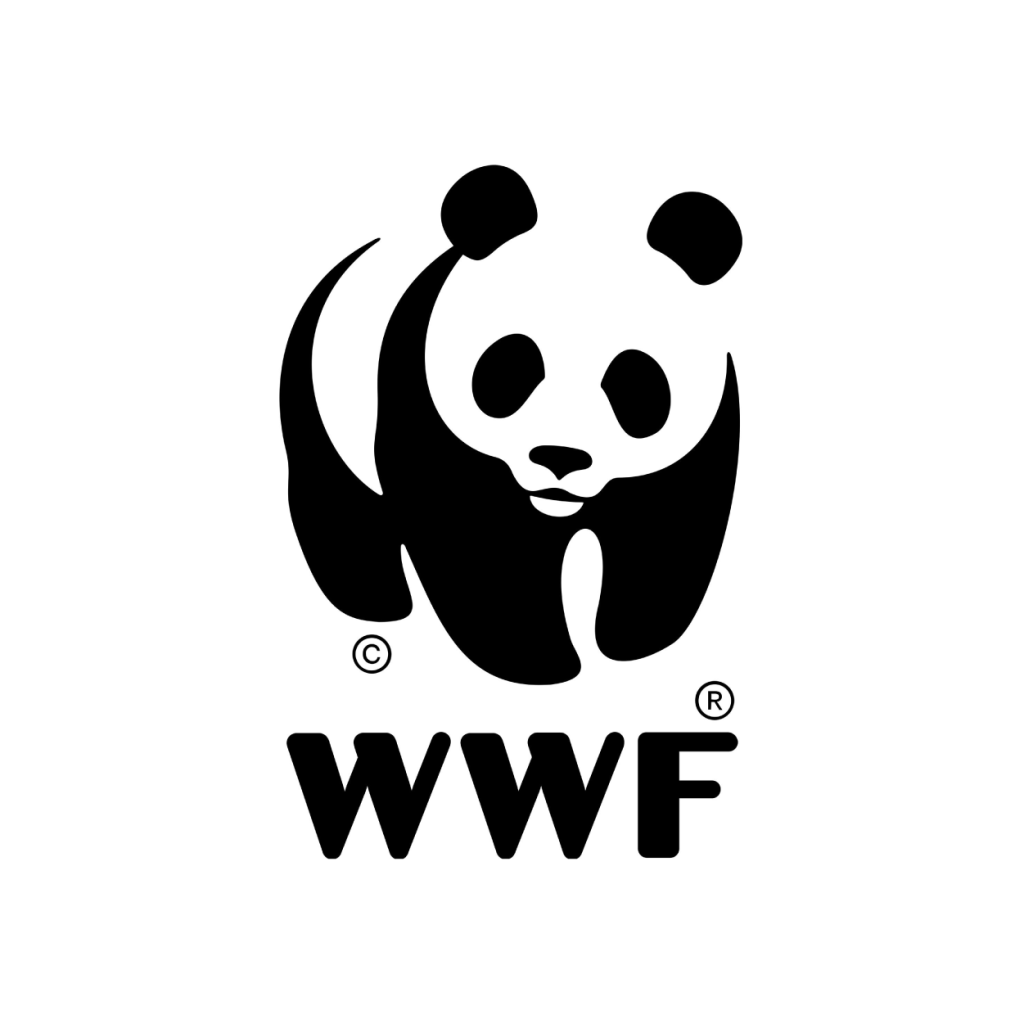
As part of the WWF global network, WWF Adria was officially established in 2015 to work on the sustainable management of water resources, forests and protected areas, and the conservation of the sea, rivers and wildlife. Through our partner organizations, though, we have been a conservation presence in the region since the beginning of this century.

Founded in 1992, WWF Hellas is the national office of WWF in Greece. We align ourselves with the core goals and values that govern the operation of the WWF World Wide Web, but we are financially independent of it. We also define the priorities of our strategy based on the nature protection needs that exist in Greece. In other words, we are an independent Greek non-governmental organization and at the same time an active part of an international network.
Our mission is to stop the degradation of the natural environment, to protect biodiversity, to ensure the sustainable use of renewable natural resources and to promote the reduction of pollution and wasteful consumption. We build and promote solutions for man, the environment and the climate with the ultimate goal of our harmonious coexistence with nature and our well-being.

Founded in 1994, WWF Tunisia works to offer future generations a living planet. Our philosophy is based on dialogue and action. With our experts and the support of our donors, we are carrying out concrete activities in Tunisia and North Africa to safeguard the natural environment and its species, ensure the promotion of sustainable lifestyles, trainee decision-makers, support residents in reducing their ecological footprint, and contribute to the environmental education of young people. WWF North Africa is part of WWF’s Mediterranean program.
